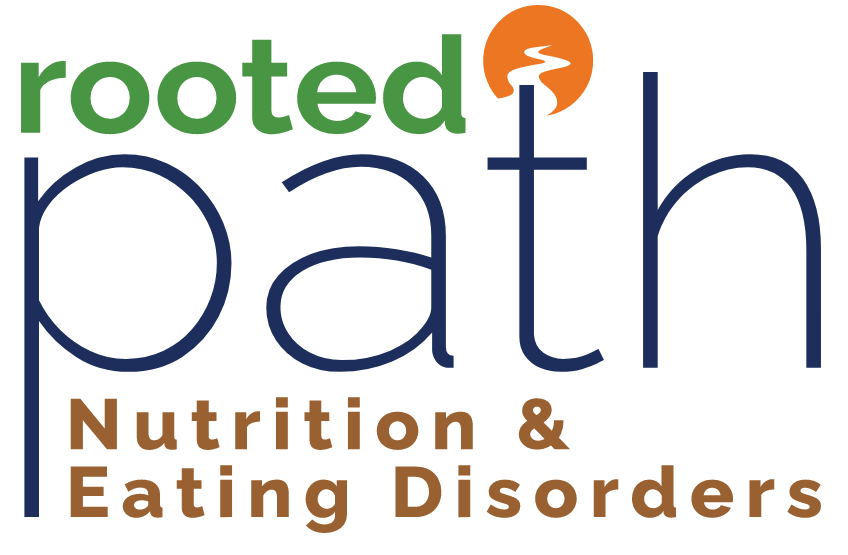Other Specified Feeding and Eating Disorder (OSFED) Treatment
An OSFED diagnosis is used when a person is struggling with eating disorder symptoms but does not meet criteria presented in the Diagnostic and Statistical Manual of Mental Disorders fifth edition (DSM-5) for a traditional diagnosis of anorexia nervosa, bulimia nervosa, or binge eating disorder.
At Rooted Path, we recognize that a diagnosis of OSFED, and specifically Atypical Anorexia Nervosa (A-AN), can feel invalidating. A-AN is actually more prevalent than the traditional AN diagnosis which contributes to confusion not only for patients, but also for healthcare providers, as to how severe the eating disorder is.
Research around A-AN continues to support the ED community’s request to remove it as a diagnosis in the DSM as it is not at all “atypical” and treatment modalities are the same as for AN.
Current OSFED diagnoses include:
- Atypical Anorexia Nervosa: same symptomatology as AN, but the person may not experience significant weight change or be considered “underweight,” despite engaging in restrictive eating and disordered behaviors.
- Purging Disorder: a person engages in purging without binge eating
- Night Eating Syndrome: a person engages in night eating and cannot be explained by other factors
- Bulimia Nervosa of low frequency and/or limited duration
- Binge Eating Disorder of low frequency and/or limited duration
How your Rooted Path Registered Dietitian can help:
- Provide individualized and compassionate care to meet you where you are at in readiness for treatment and recovery.
- Collaborate with your treatment team or support you in building a treatment team.
- Provide a safe and non-judgmental space for you to explore your relationship with food and your body.
- Gently guide you through identifying the root of the disordered eating behavior(s).
- Provide nutrition education and assist with nutrition replenishment as needed.
- Help you navigate the complexities of diet culture and break free from rigid thinking.
- Help reduce food anxiety via supported food exposures.
- Reconnect you with your body by providing guided meditations and mindful eating exercises.
- Empower you to find a balanced and sustainable approach to food and nutrition that supports your overall well-being.
- Provide guidance or recommendation to a higher level of care if warranted.
Anorexia Nervosa
Bulimia Nervosa
Binge Eating Disorder
Avoidant Restrictive Food Intake Disorder
Other Specified Feeding & Eating Disorder
Orthorexia Nervosa
Compulsive Exercise
Disordered Eating
Body Image Disturbance
Co-Occurring Conditions
